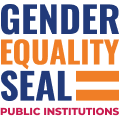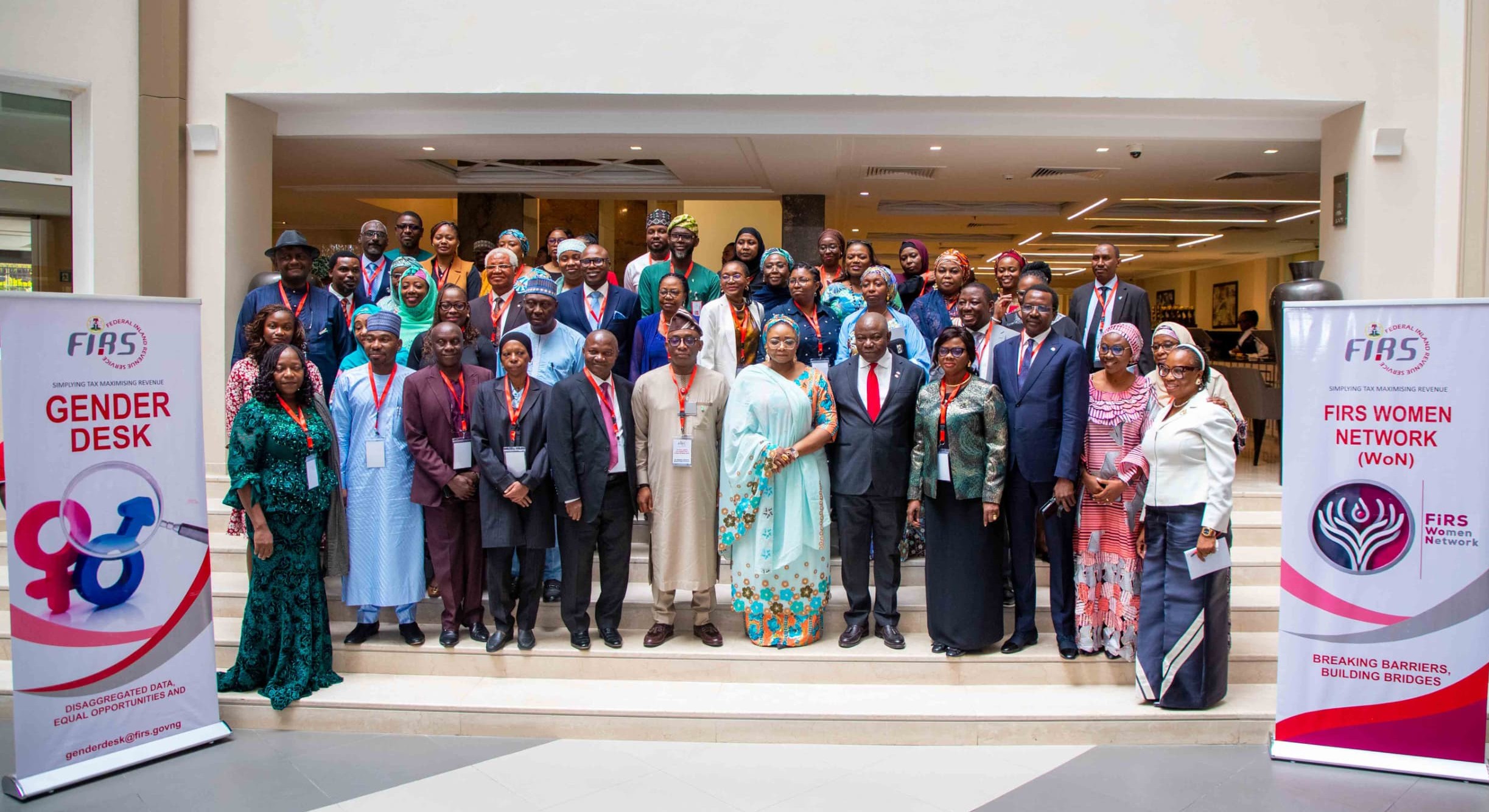Making progress towards gender equality, as set out in the Sustainable Development Goals, requires systematic and innovative approaches. One such approach is Gender-Responsive Budgeting (GRB) which is a fiscal planning and allocation process that ensures government budgets address and mitigate gender-based disparities and promote gender equality and women’s empowerment.
GRB has played an important role in driving gender equality progress within the Portuguese-speaking nations of Africa along with Timor Leste, collectively referred to as the PALOP-TL countries. This progress was boosted by the Pro PALOP-TL SAI program, implemented by UNDP with generous support from the European Union.
The valuable insights and lessons learned from GRB implementation in the PALOP-TL countries have been compiled in the newly released Handbook on Gender Sensitive Budgeting and Public Expenditure Oversight with a focus on Gender Issues (2017-2022).

Among the tools developed under the auspices of the Pro-PALOP-TL SAI program is the “Standard Pro PALOP-TL SAI Model for GRB and oversight of public expenditure with a focus on gender matters“. This holistic methodology covers all parts of government and all phases of the development planning and budget cycles, using gender-sensitive budgeting and public expenditure analysis with a focus on gender imbalances (gender expenditure analysis) to improve governance and transparency.
The tool has enabled a more effective integration of the gender dimension into the planning and budgetary cycles in the PALOP-TL countries, leading to lasting policy reforms in many of them. Examples of impacts include:
Angola: The new Government’s agenda is focused on promoting transparency in public accounts; and the Instructions for the Preparation of the Medium-Term Expenditure Framework 2022-2025 considers Gender Sensitive Budgeting.
Cabo Verde: Article 12 of the New Budgetary Framework Law, Law No. 55/IX/2019, introduces the principle on inclusion of gender issues in the State Budget; from 2019 State Budgets include a scale of gender markers at project level.
São Tomé and Príncipe: The 2022 State Budget had specific guidelines for integrating gender markers in the water and sanitation sectors, with the exercise being extended to the other sectors in 2023.
Mozambique: The Pro PALOP-TL SAI methodology for gender-responsive budgeting and oversight of public spending with a gender perspective was integrated into the new guidelines for the preparation of the annual plan and State Budget.
Furthermore, close to a thousand parliamentarians, CSO representatives and SAI officials in Angola, Cabo Verde, Guinea Bissau, Mozambique, São Tomé and Príncipe, and Timor-Leste were trained in Gender-Responsive Budgeting in 2021.
Institutions must be equipped to deliver on Gender Equality
Successful implementation of GRB frameworks requires a coordinated approach by several public institutions, in particular those that lead on fiscal policy development, administration and other aspects of public financial management, such as the Ministry of finance, tax administration and the Supreme audit institution. Therefore, these institutions must be equipped to deliver on gender equality both internally and externally, which calls for an institutional transformation guided by the principles of inclusive and gender-responsive governance.
The Gender Equality Seal for Public Institutions, including a new Seal stream targeting Ministries of Finance and other fiscal policy relevant institutions, is specifically designed to support this transformation. Institutions implementing the Seal work across five interconnected areas of institutional performance to advance gender equality, namely (i) Planning and management, (ii) Gender equality architecture and capacities, (iii) Enabling work environment, (iv) Participation, partnerships and accountability, and (v) Results and impacts of public policies. Furthermore, participating institutions are provided with a process blueprint and get access to a wide set of implementation tools, working aids and other resources that have been adapted to the taxonomy and institutional mandates of fiscal policy institutions.
23 September 2023.












